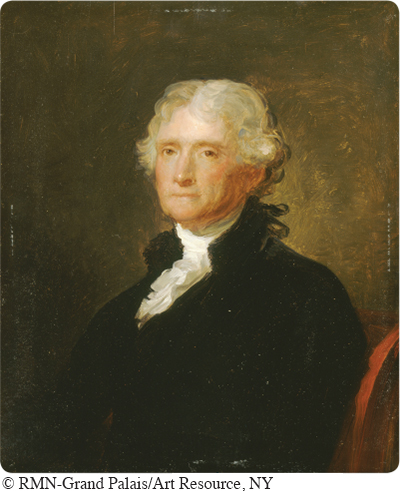What Is Deductive Reasoning?
Most of us use deductive reasoning every day—
Deductive reasoning begins with premises—statements or assumptions on which an argument is based or from which conclusions are drawn. Deductive reasoning moves from general statements, or premises, to specific conclusions. The process of deduction has traditionally been illustrated with a syllogism, which consists of a major premise, a minor premise, and a conclusion:
| MAJOR PREMISE | All Americans are guaranteed freedom of speech by the Constitution. |
| MINOR PREMISE | Sarah is an American. |
| CONCLUSION | Therefore, Sarah is guaranteed freedom of speech. |

A syllogism begins with a major premise—a general statement that relates two terms. It then moves to a minor premise—an example of the statement that was made in the major premise. If these two premises are linked correctly, a conclusion that is supported by the two premises logically follows. (Notice that the conclusion in the syllogism above contains no terms that do not appear in the major and minor premises.) The strength of deductive reasoning is that if readers accept the major and minor premises, the conclusion must necessarily follow.
Thomas Jefferson used deductive reasoning in the Declaration of Independence. When, in 1776, the Continental Congress asked him to draft this document, Jefferson knew that he had to write a powerful argument that would convince the world that the American colonies were justified in breaking away from England. He knew how compelling a deductive argument could be, and so he organized the Declaration of Independence to reflect the traditional structure of deductive logic. It contains a major premise, a minor premise (supported by evidence), and a conclusion. Expressed as a syllogism, here is the argument that Jefferson used:
Page 126
| MAJOR PREMISE | When a government oppresses people, the people have a right to rebel against that government. |
| MINOR PREMISE | The government of England oppresses the American people. |
| CONCLUSION | Therefore, the American people have the right to rebel against the government of England. |
In practice, deductive arguments are more complicated than the simple three-